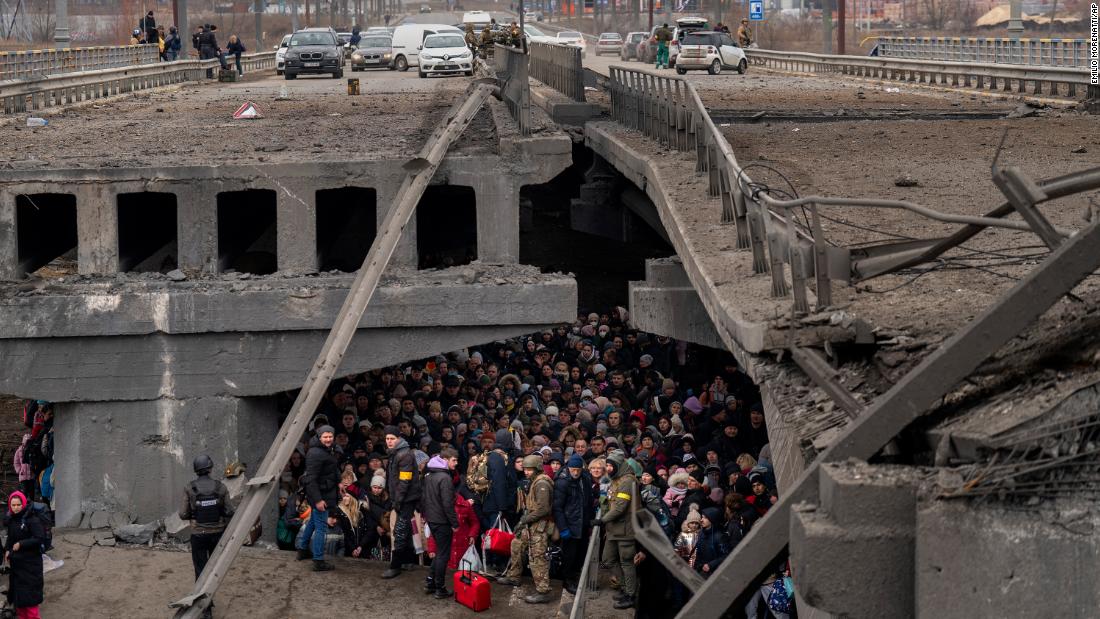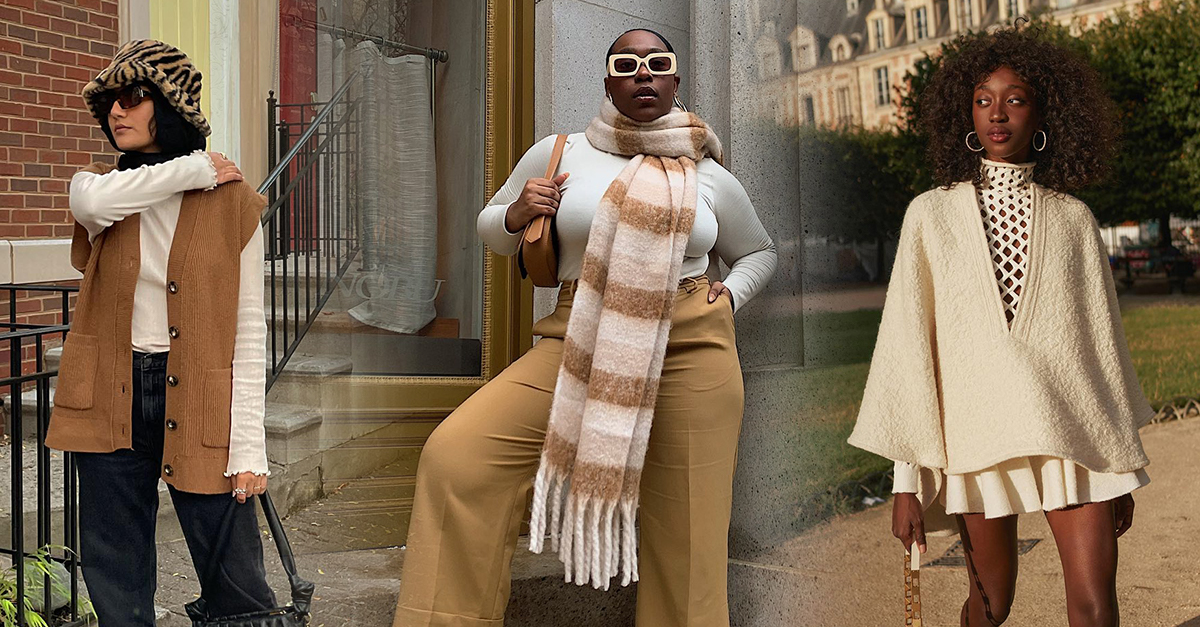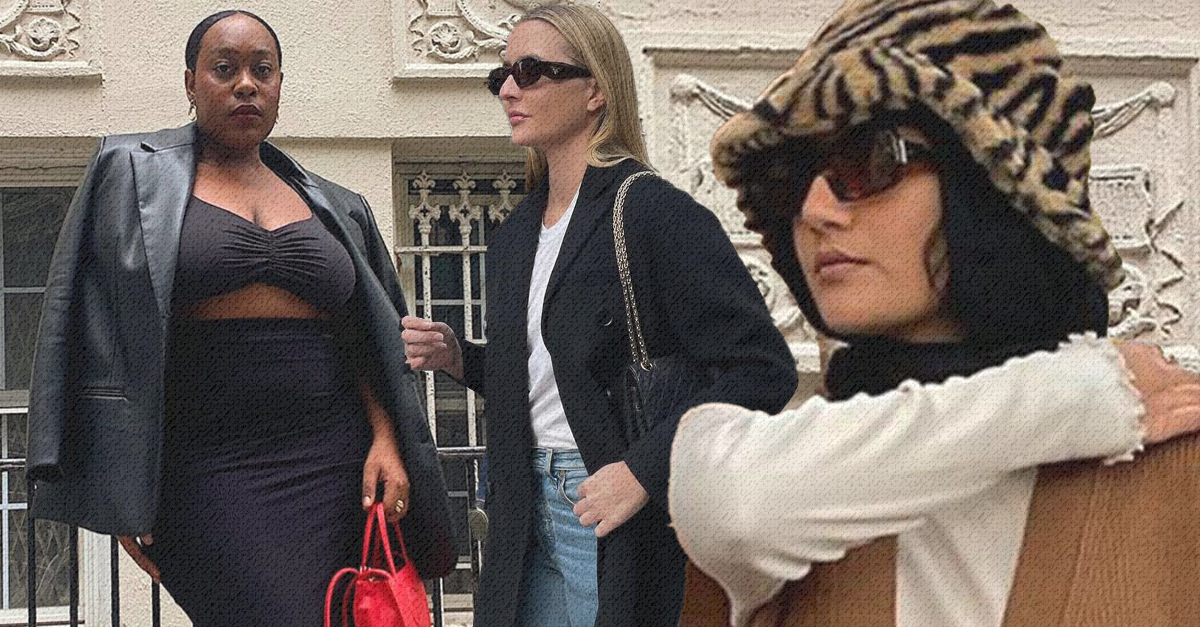How ‘Standing My Ground’ Earned Me 75 Years in Prison
Controversial self-defense statutes favored by pro-gun activists around the country are in place in at least 10 states. But they were not designed for people who have been historically marginalized, argues a Texas inmate.

Many people remember the controversial “Stand Your Ground” law, passed in Florida in 2005, that allowed George Zimmerman to walk free after he stalked and killed Trayvon Martin. That law permits a person to use deadly force if they “reasonably believe physical or deadly force was necessary to protect him or herself.”
Similar laws are now in place in at least 10 states, according to the National Conference of State Legislatures. An additional 12 states, and Puerto Rico, affirm that there is no “duty to retreat” if you are threatened in a place where you are lawfully present.
Now, a new movement led by conservative state lawmakers is seeking to replace “Stand Your Ground” with an even broader legal defense for using deadly force.
Spurred by two criminal cases that have generated nationwide attention, lawmakers are pushing to shift the burden from the defendant to law enforcement, when it comes to proving there is a reasonable belief that physical or deadly force was necessary to protect yourself.
Under the proposed new standard, which some critics have dubbed the “Make Murder Legal Act,” law enforcement would have to presume that any deadly force that a person utilizes was necessary; and before any charges can be filed, police must prove with “clear and convincing” evidence that the deadly force was not necessary at a pretrial hearing.
The criminal cases of Mark McCloskey, a St. Louis lawyer who was arrested for pointing guns at Black Lives Matters protesters in 2020, and the three white men who were charged with chasing down Ahmaud Arbery in Georgia and killing him while he was out for a jog have sparked this movement.
It’s in lockstep with America’s historical pattern of expanding laws and criminal justice practices when they are judged inadequate to protect the privileged class which they were designed to protect.
The “Stand Your Ground law” was not designed for people who have been historically marginalized in this country. People like myself: poor, Black, and not a member of the country’s elite. ·
I stood my ground and was sentenced to 75 years in prison. Currently I am in the 24th consecutive year of that prison sentence.
Those who have followed my writings know my story.
Early one morning, I pulled into a drug-infested motel in Dallas County. Two Black men rushed the vehicle that I was in with a female companion. They thought we were there to purchase drugs. When I asked them to step back from the vehicle, one of the men became hostile and violent.
As the trial transcripts show, the companion of the violent guy testified that his friend followed me through the motel’s parking lot after I exited the vehicle, shouting threats and obscenities. Despite my numerous attempts to overlook his aggression, the guy removed his shirt in preparation for a fist fight and charged me.
Once he was within arm’s reach I shot him once and escaped the scene. Sadly, the guy died from the gunshot wound.
Multiple witnesses confirmed this story to the police who responded to the scene. But the Dallas Police department still filed murder charges.
It was clear that I never knew my attacker and had no motive to kill him other than defending myself against the aggression he displayed that made me fear for my life.
Under Texas’ “Stand Your Ground” law, my actions were defensible. Chapter 9 of the Texas Penal Code says there is no “duty to retreat” if I have a reasonable belief that my life is endangered.
My defense attorney knew the story but decided not to pursue any “stand your ground” strategy.
The trial judge didn’t bring it up, and no instructions were given to the jury at my trial regarding the relevance of the statute to my case.
The “Stand Your Ground” law failed me.
Would the tougher new standard now being discussed have made a difference?
Frankly I doubt it.
McCloskey was eventually pardoned by Missouri Gov. Mike Parson and is now running for the U.S. Senate.
Had it not been for the video of Arbery’s murder that surfaced months after his death, the three white men who were responsible would have never been arrested. McCloskey was photographed pointing his gun at peaceful protesters.
The only thing that the current ”Make Murder Legal Act” will do is provide another outlet for the Zimmermans and McCloskeys of the world who bring harm, and sometimes death, to those who have been historically disenfranchised.

Jeremy Busby
Collectively, we should be pushing to ensure the fairness of the standards that we have already passed, instead of pushing for new laws that stymie law enforcement efforts to investigate violent crimes and which tip the scale towards more privileged criminal defendants.
Jeremy Busby is a writer and an activist who is currently imprisoned in a maximum-security facility in Beaumont, Tx. While incarcerated, he has earned a graduate degree from the University of Houston-Clear Lake and is a former staff writer for The ECHO, the Texas prison newspaper. Readers’ comments are welcome. Follow Jeremy on www.joinjeremy.com, on Instagram @joinjeremy2020, or on Facebook. . To read his earlier columns in The Crime Report, please click here. You can follow him at JoinJeremy (FB), JoinJeremy4Justice (IG) or write to him at Jeremy Busby #881193, James Allred Unit, 2101 FM 369N, Iowa Park, Texas, 76367.

 Landwebs
Landwebs 























